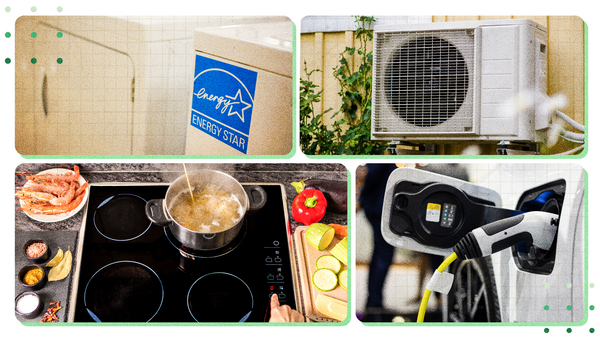
Minnesota officials have set an ambitious goal for the state to be carbon-neutral by 2050.
Getting there will require generating our electricity from clean sources such as wind and solar, and electrifying vehicles, homes, office buildings, factories and farms that currently rely on fossil fuels.
Getting to Green: Minnesota’s energy future is a MPR News series digging deep into stories of the clean energy transition — and the opportunities and obstacles to reach that milestone.
Have a question or story idea? Let us know with this form.














